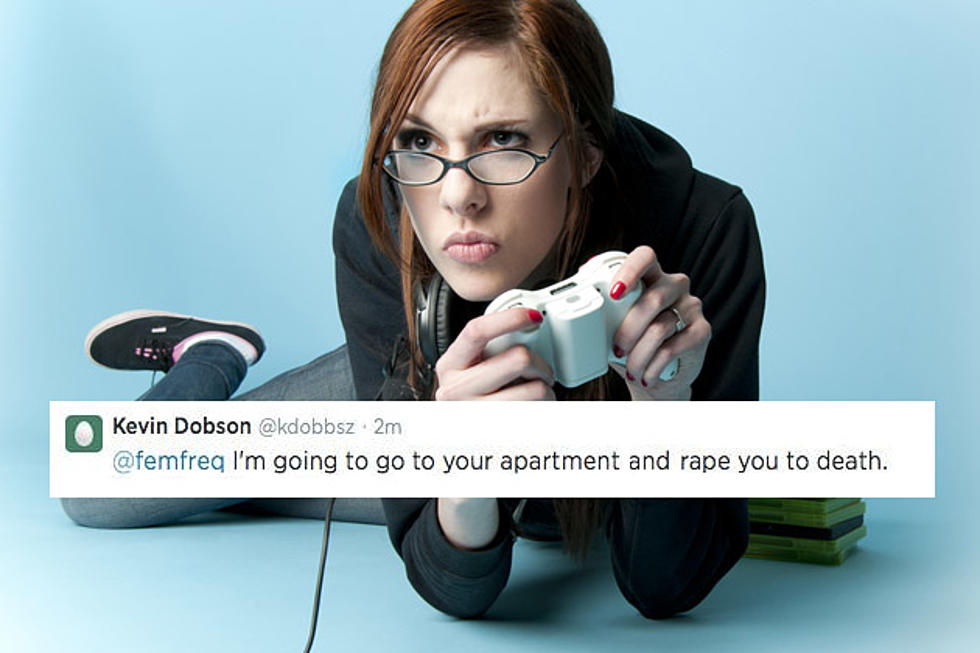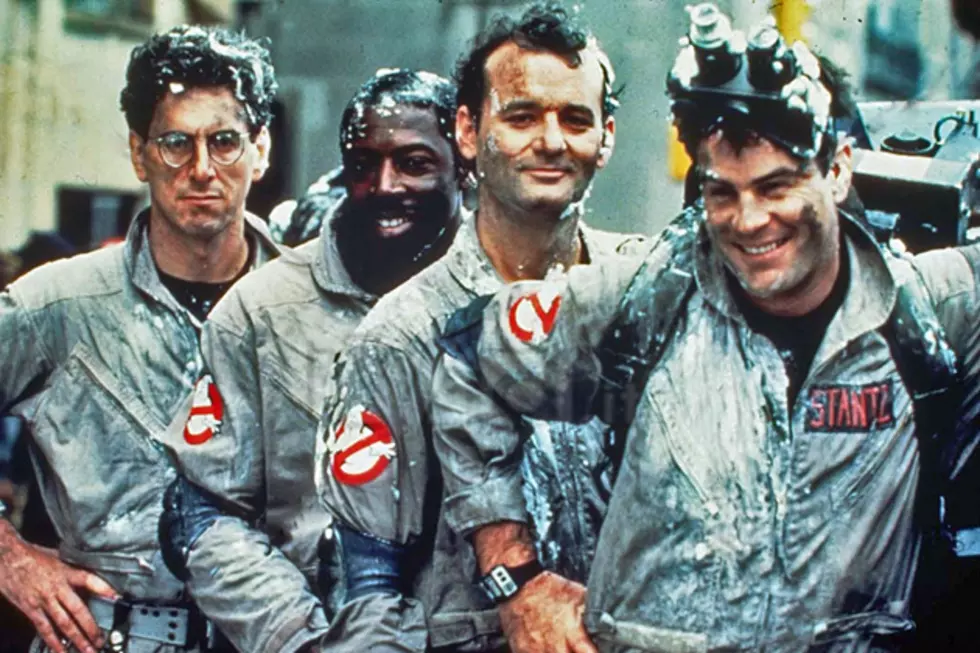
Reel Women: Are Romantic Comedies and Porn That Different?
'Don Jon's Addiction,' the directorial debut from Joseph Gordon-Levitt, explores the ways in which rom-coms and porn might both be creating unreasonable expectations for women and men alike -- but neither form of media is mutually gender exclusive and both can be damaging, if we allow it.
I haven't yet seen 'Don Jon's Addiction,' but the concept of showing how romantic comedies and porn create expectations for their target audience is intriguing. Are romantic comedies the same as porn, in terms of setting lofty standards for their viewers? Neither are mutually gender exclusive, and both forms of entertainment can inspire expectations in either gender if we allow them to.
Realistically speaking, the only people who have sex like porn stars are, well, porn stars. And they're doing it in front of a camera, where reality is heightened and embellished to give the viewer something for which they can yearn. It's the same as most forms of media -- we want to look at impossibly attractive people in situations that are relatable but just far enough out of reach to be desirable, or something to which we can aspire, even. We watch movies to escape reality for just a little while, and pornography allows for the same.
A romantic comedy, or almost any film where a relationship or the pursuit thereof is heavily featured, can foster real-life expectations. Why aren't the men bringing us flowers in the rain? Why aren't they telling us we're beautiful or using any number of uncommonly spoken adjectives to appreciate our appearance every time we walk into a room? Why aren't they touching our bodies in slow-motion and brushing the hair out of our eyes? Why aren't they always apologizing? Because they're human; because movies aren't real and are only based in a version of reality we recognize -- tangible enough, but untouchable; because what you're watching is an exaggeration; and finally, because if what you were watching mirrored real life, you'd be frustrated and/or bored to death. This isn't to say that men -- or people -- are incapable of grandiose gestures and compliments, but that the consistency with which these actions are displayed in a romantic comedy is unrealistic. You are watching a story that takes place over the course of months or years, compressed down to 90 minutes. You are essentially watching a highlight reel of best-of relationship moments. You aren't watching the banal, everyday encounters that might involve anything from watching TV together to trying to quietly pass gas in the bathroom so the other person doesn't hear you 10 feet away.
But what about men? I think film has the power to create similar expectations -- that women can be shrewish and ruin all the fun; that women have rigid and impossible expectations that must be met; that we need you to be some overly sensitive, yet always funny and charming, yet always impeccably dressed version of yourself; that we need you to sell us on a heightened-reality version of yourself -- a lie. The Manic Pixie Dream Girl (or MPDG for brevity's sake) trope has worked to undo some of this damage. The MPDG is the perfect girl -- spontaneous, flirtatious, subversive, witty, and anything else you want her to be because she is merely a screen onto which the male projects his desires and needs. He will mold the MPDG into whatever she needs to be for him at that moment, dismissing her own wants and needs in the process. She is an idea of a person, and because he treats her as such, he is shocked when she reveals herself to be real and breaks his heart.
I think it might be fair to introduce the Manic Pixie Dream Boy, for all the expectations that have been instilled in women through film. It's only fair.
If legitimate film can inspire such expectations, even ever-so-subtly, then its bastard brother pornography is definitely capable of the same, for men and women alike (I think we can all agree that women watch porn, too). Regardless of the viewer's gender, when we watch pornography we see bodies that are better than ours, appendages and curvatures that are not the rule as much as the exception, and sex that is greatly exaggerated -- all for our benefit. The actions and movements are heavily dramatized, but exist in a world that is tangible, and like film, just out of reach.
As with film, porn is inspiring more and more women to go under the knife for the sake of measuring up to a physical standard they've been sold, and labiaplasty is becoming increasingly common as women question whether their goods are good enough. And the male "enhancement" supplement industry hardly needs mentioning.
But film and pornography are still just entertainment, and they only create unreasonable expectations because we allow them to. (In fact, I'd argue that pornography is more physically diverse and accepting than mainstream film, with entire websites devoted to people and body parts of varying sizes, shapes and colors.) The problem isn't with the media -- the problem is with us. That tangibility that exists in both formats is enough to allow us to relate, but we are ultimately responsible for how we process what we're seeing. Movies and porn are here to entertain us, not to inform the choices that we make.
More From ScreenCrush









